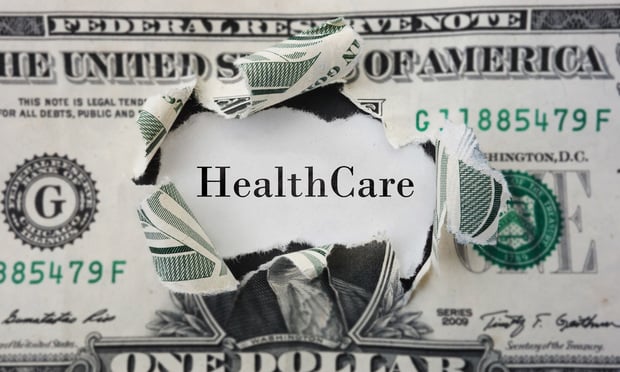A growing number of senators are ignoring President Trump’s demands to try yet again torepeal and replace the Affordable Care Act, while some are pushinga new tactic: block-granting health care to the states.
|A new report from The Hill provides a long litany of senators whopublicly balked at Trump’s demands, which include abolishing therequired 60 votes to enact most legislation. Trump has tweeted thatby not getting rid of the filibuster, Republicans “look like foolsand are just wasting time.”
|But it’s not likely happen, Sen. Jeff Flake (R-Ariz.) toldCBS News on Monday.
|“I don't want to lurch back and forth every couple of years fromone extreme to the other,’ Flake said. “Those rules are there for areason. They're good. ... They invite us to work across theaisle.”
|Instead, before leaving town, the GOP Senate leadership plans tofocus the next several weeks on getting through the backlog ofnominations, as well as approving Christopher Wray’s nomination asFBI director, according to The Hill.
|But some senators, including Sen. Lindsey Graham (R-SC) and Sen.Bill Cassidy (R-LA), want to try another health care reformalternative: block-granting health care to thestates.
|“How about this idea: Instead of trying to re-do Obamacare inWashington, why don’t you turn to the governors,” Graham said onFox& Friends Tuesday. “Take all the money you would spend inWashington on health care, block grant it back to the states andlet them design health care systems closer to yourfamily.”
|However, Think Progress contends that block-granting healthcare to the states would likely leave millions of peopleuninsured.
|“Graham’s plan would also do away with the individual andemployer mandates, which ensure that that healthy people stay ininsurance pools,” Think Progress reporter Addy Bairdwrites. “Without the mandate, insurance pools will have a higherratio of sick to poor people, which will result in higher premiumsand could lead to a death spiral.”
|The Graham-Cassidy bill does not have a Congressional BudgetOffice score or the support of 50 senators, according to Politico. But there are increasing talks of bipartisanefforts to stabilize insurance markets and possibly enact otherimprovements to the ACA. Bipartisan legislation could also forcethe Trump administration to continue to make cost-sharing reductionpayments to insurers, which offset health insurance subsidies forlow-income people.
|“It’s a constant battle. Health care is one of the mostdifficult things,” says Sen. Orrin Hatch (R-Utah). “It has to comeback before the end of the year. We have to face it.”
|When asked if he’s referring to another party-line repealeffort, Hatch replies, “Oh, I hope it’ll be bipartisan.”
Complete your profile to continue reading and get FREE access to BenefitsPRO, part of your ALM digital membership.
Your access to unlimited BenefitsPRO content isn’t changing.
Once you are an ALM digital member, you’ll receive:
- Critical BenefitsPRO information including cutting edge post-reform success strategies, access to educational webcasts and videos, resources from industry leaders, and informative Newsletters.
- Exclusive discounts on ALM, BenefitsPRO magazine and BenefitsPRO.com events
- Access to other award-winning ALM websites including ThinkAdvisor.com and Law.com
Already have an account? Sign In
© 2024 ALM Global, LLC, All Rights Reserved. Request academic re-use from www.copyright.com. All other uses, submit a request to [email protected]. For more information visit Asset & Logo Licensing.








